Lebanon truck incident another failed bid to sow Muslim-Christian discord
By Hiba Morad
Tensions spiraled dramatically in Lebanon last week after a truck overturned on Kahaleh road in the Christain-dominated Aley region of Mount Lebanon, near the capital, and was subsequently attacked by a militia group.
They first pelted stones at the truck and then opened indiscriminate fire, which resulted in the killing of a member of the Lebanese Hezbollah resistance movement, Ahmed Ali Qassas.
The assailants belonged to the Kataeb militia, known as the Phalanges militia in Lebanon, an extremist far-right group that played a bloody role in Lebanon’s civil war which lasted 15 years (1975 – 1990)
According to eyewitnesses, after the martyrdom of Qassas, Fadi Bijani, who was shooting at the truck, was also killed in an exchange of fire.
Media reports claimed the truck was loaded with ammunition, trying to implicate and hold the Lebanese resistance responsible for the incident, disregarding the fact that Hezbollah is an armed resistance movement that has prevented and foiled Israeli aggression on Lebanon several times in the past.
A statement by Hezbollah said “An exchange of fire with the attacking militias took place”, after which the Lebanese army intervened and prevented the assailants from approaching or seizing the truck.
According to observers, Hezbollah and its Secretary General Sayyed Hassan Nasrallah have always described Lebanon’s stability and security as their red line, for both Muslims and Christians.
After Wednesday’s incident, a video message of Qassas went viral on social media, in which he addressed his daughter and advised her on how she should perform good deeds and be a good person.
In a few hours, a picture of him lighting a candle at the ruins of a church in Syria’s Maloula was also posted by social media users, including by Lebanon’s Minister of Culture.
During the Syrian war, the Syrian Christian ancient city of Maaloula was saved by the Hezbollah resistance fighters who recaptured the city which had fallen into the hands of extremist Takfiris in 2015.
Several photos of resistance fighters circulated through the internet, showing them paying respect to the statue of the Virgin Mary and churches in Syria’s Maloula and helping protect the city from al-Nusra and Daesh terrorist groups.
Qassas was not a “threat” to Lebanese sovereignty or civil security; locals told the Press TV website, but another victim to orchestrated unrest in order to attack and weaken the resistance in Lebanon.
Warmongering Phalanges
According to a brief description in a confidential document dated 1981 and released online in 2007 by the American spy agency CIA, Phalange fighters traveled to the Israeli-occupied territories for training.
Also, Tel Aviv provided the pro-Israel armed group with lethal arms and ammunition, including some Sherman tanks through the port of Juniyah, which they took as a supply line to Israel.
The report, prepared by director of the CIA’s office of political analysis Helene L. Boatner, said the group’s founder was enamored by the Hitler Youth Organization and other fascist parties in Europe.
The militia, run today by Same Gemayyel, grandson of the great grandfather Bashir Gemayyel, who was notorious for his brutality and was directly complicit in the 1982 Sabra and Shatila massacre in which more than three thousand people were slaughtered.
In 2022, classified documents from the Israeli premier’s office revealed details of atrocities committed during the 1982 massacre, most notably a direct link between the Mossad spy agency and the Lebanese far-right militia of the Lebanese Forces (LF), the military wing of the far-right Phalanges party responsible for the massacre of hundreds of Palestinian refugees and Lebanese citizens.
The classified information was made available following “a court petition seeking information about the connection between the Mossad, Israel’s espionage agency, and the far right militias in Lebanon responsible for massacring Palestinian refugees”.
The rhetoric of the Phalanges was always a warmongering one.
Following the Kahaleh incident, Phalanges party leader Sami Gemayyel made a statement saying that “he and his party” are no longer ready to coexist with the resistance in Lebanon.
"We cannot continue like this, we've reached the point of no return,” he said.
A call for calm
On the other side of the story, Martyr Qassas’s brother told Al-Mayadeen TV in an interview that some elements are “attempting to sow discord between Muslims and Christians in Lebanon” in the wake of the tragic incident in Mount Lebanon, but asserted that they “will not allow that” to happen.
“The martyr fell in front of a church in Lebanon after lighting a candle in the church of Maalula," he was quoted as saying, in reference to the Christian Syrian town that Hezbollah, including the martyr, defended in the face of terrorism.
Hezbollah leader Sayyed Hassan Nasrallah has repeatedly reiterated that Lebanon is not going to be a battlefield for strife and civil war neither among Sunnis and Shiites nor Muslims and Christians.
For its part, the Lebanese Army issued a statement in which it said that the “aggression offers a free service to the Israeli occupation, because it targets the resistance," which protects Lebanon and its wealth, and "deters the Israeli enemy from engaging in any aggression against Lebanon through the resistance-imposed deterrence equation, which forced the enemy to recognize Lebanon's right to its maritime wealth."
The statement added that the armed attack carried out by militias (the Phalanges in particular) previously known to have collaborated with the Zionist enemy confirms that they continue to operate in accordance with an external agenda that is contrary to Lebanon's interests, stability and security.
“The suspicious inflammatory rhetoric practiced by some well-paid and well-known media, threatens national interest in service of their financial, sectarian and factional interests,” noted the statement.
However, attempts of targeting the resistance have failed, they say, and will continue to fail.
California's fires reminiscent of Israeli savagery in Gaza: Zarif
VIDEO | Press TV's news headlines
Israeli ministers discuss plot to divide Syria: Report
Pezeshkian felicitates Aoun on election as Lebanon’s president
VIDEO | Brutal murder of journalist in India prompts calls for justice
VIDEO | Iran unveils new AI drone in Great Prophet 19 military drills
110,000 Basij forces display defense capabilities in Tehran parade
VIDEO | Joseph Aoun elected as president of Lebanon


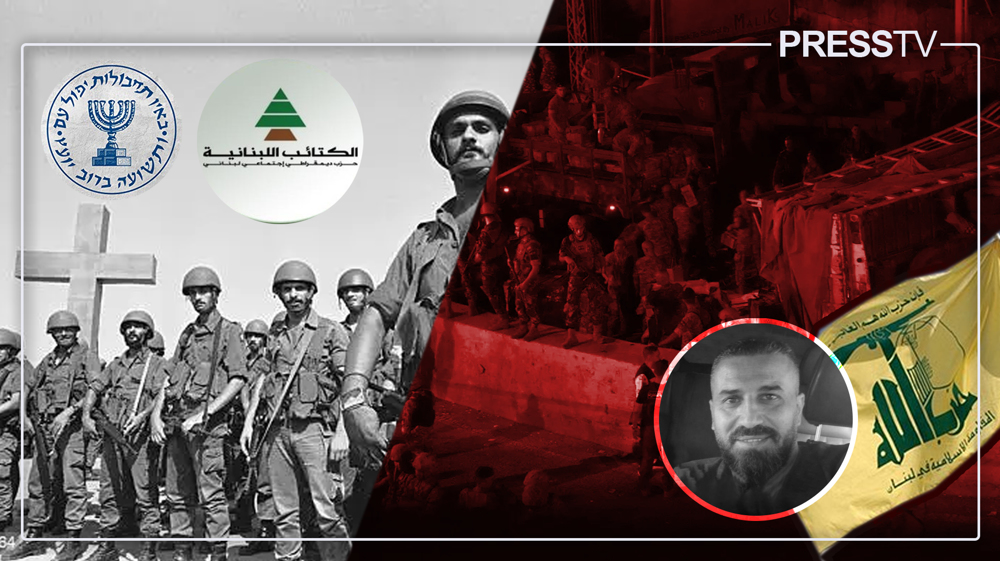
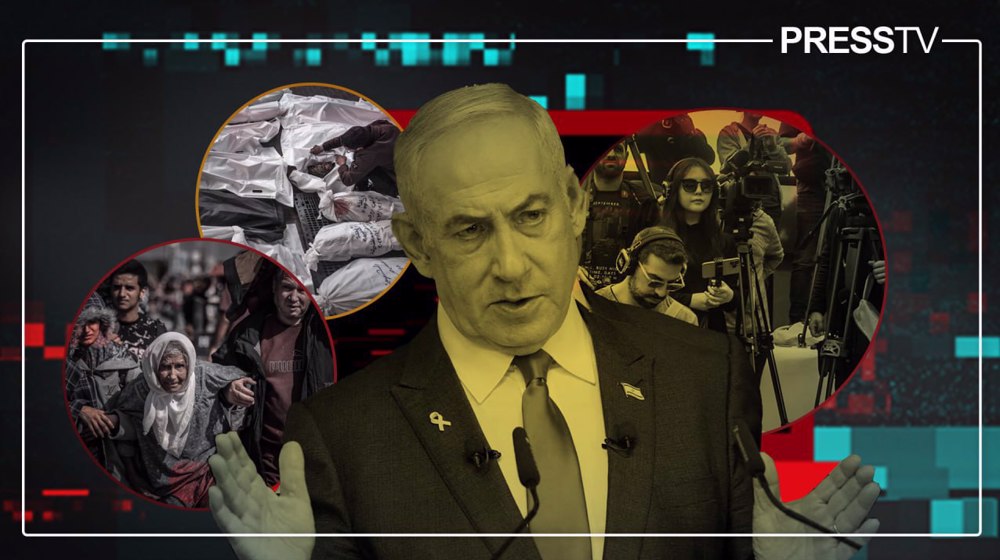
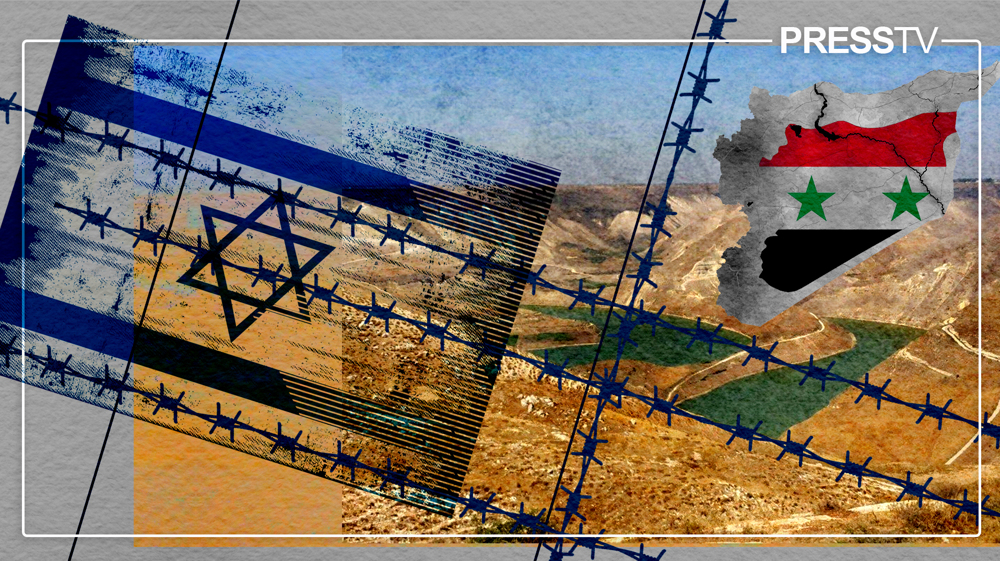
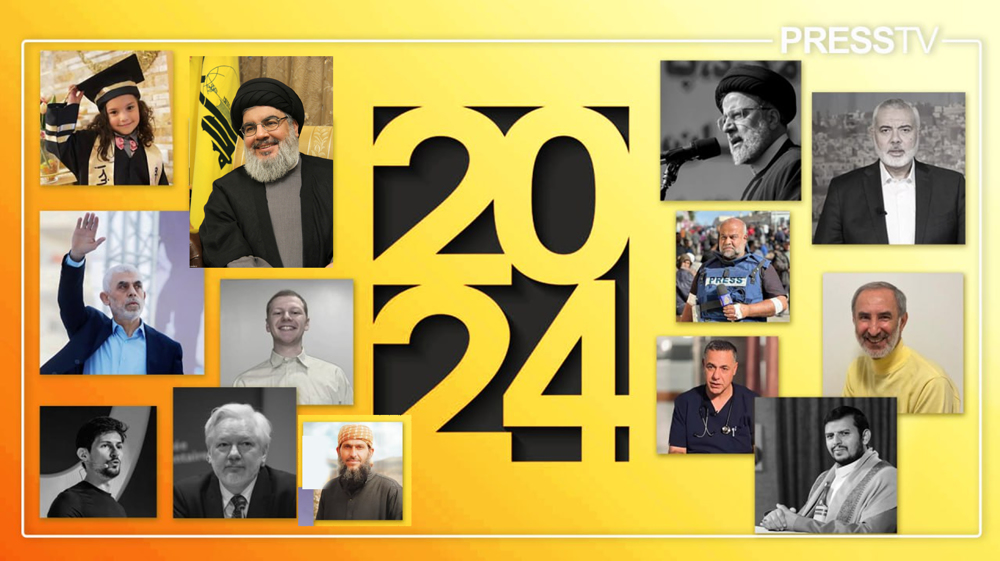



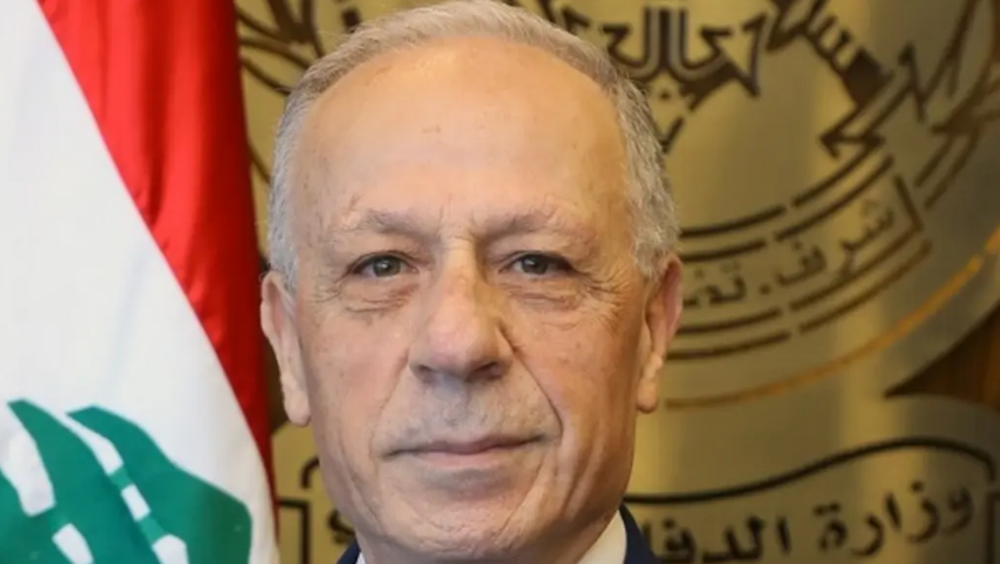
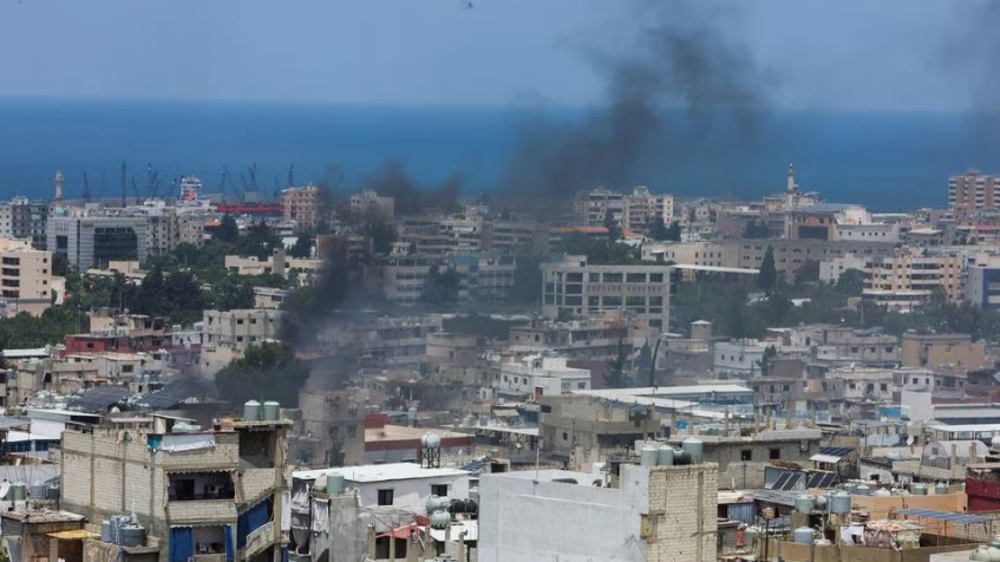
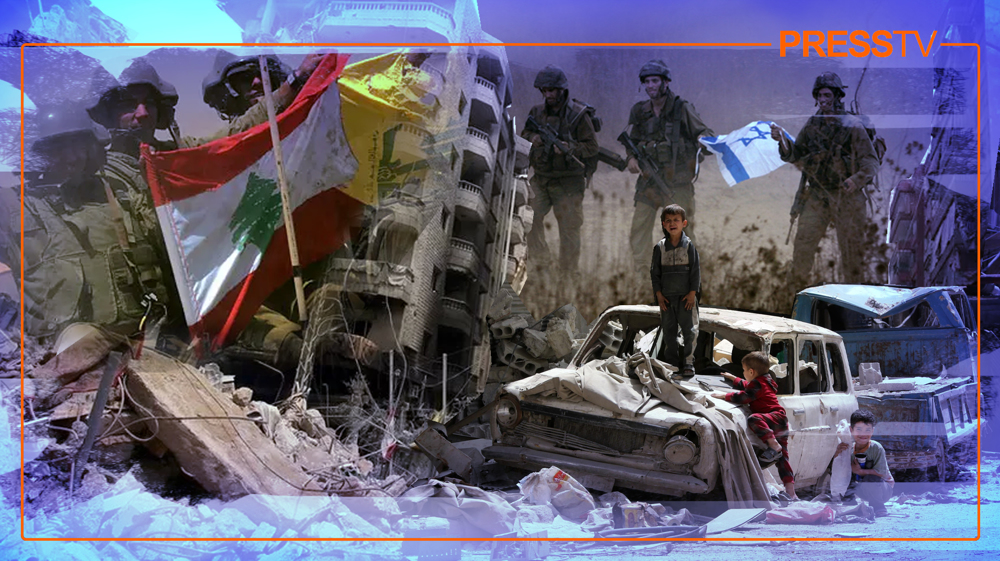
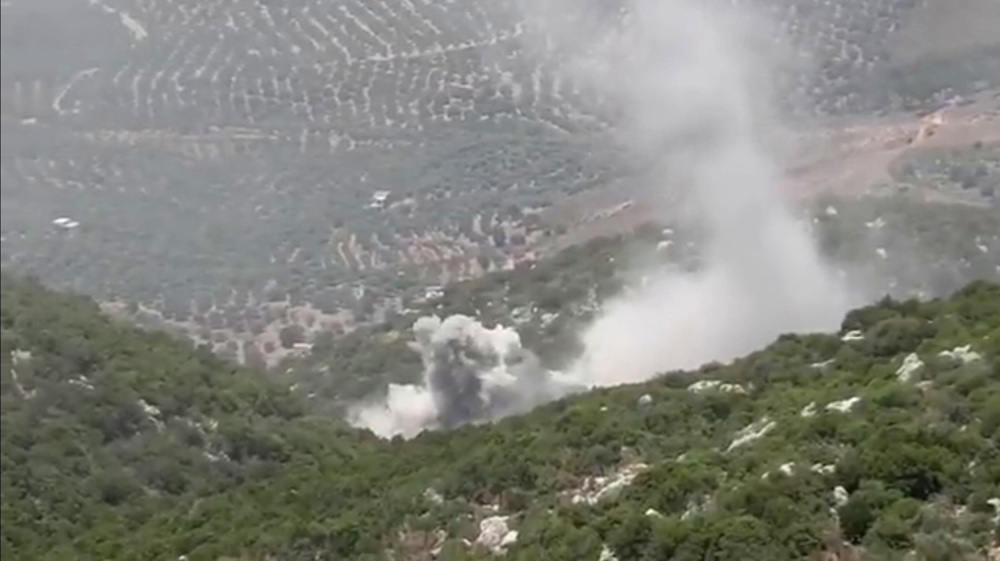
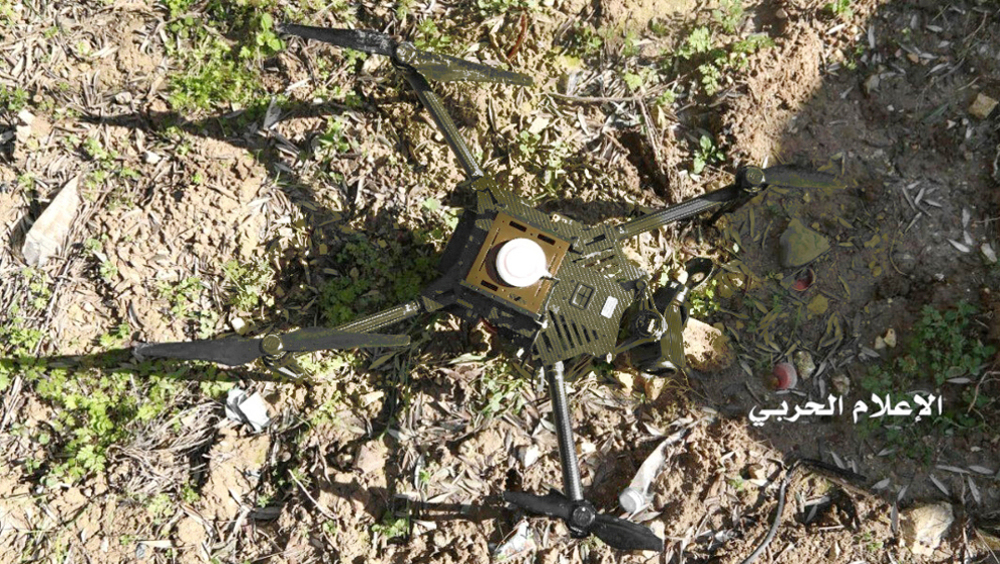

 This makes it easy to access the Press TV website
This makes it easy to access the Press TV website